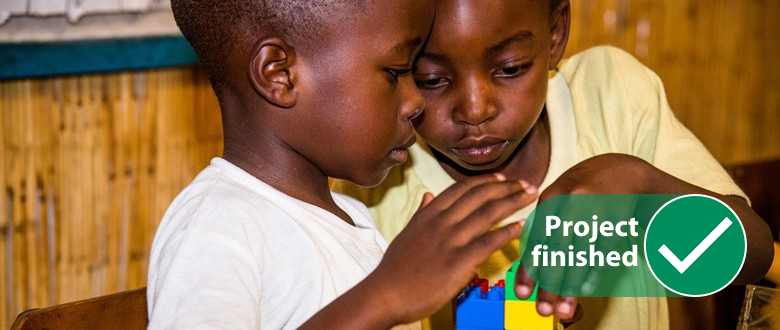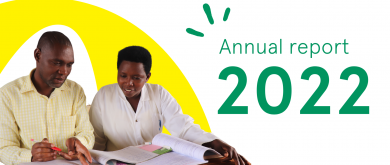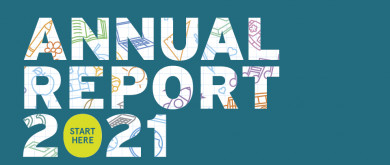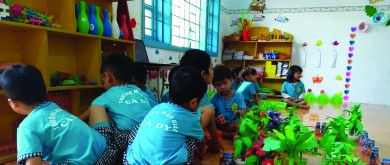
Early education teachers (preschool teachers and year 1 of primary school teachers) have the competences to implement learning through play pedagogy and use of Early Learning Development Standards.
- Ministry of Education (MoE)
- Directorates within MoE:
- Early Childhood Education
- Teacher Education and Specialised Services
- Standards and Curriculum
- Examinations Council of Zambia
- Colleges of Education for early childhood (2)
- Chalimbana University
- Central Province Education Officer – Teacher Education Departments at district level
The STEEL project centred on strengthening the professional development opportunities that both student teachers and in-service teachers of early childhood education (ECE) enjoy.
The project was built around four pillars:
- Strengthening MoE to coordinate and support gender-responsive learning through play pedagogy and use of Early Learning Development Standards (ELDS).
- Reinforcing early education bachelor project in gender-responsive learning through play pedagogy and ELDS.
- Improving newly qualified early childhood teachers’ implementation of gender-responsive learning through play pedagogy and ELDS.
- Enhancing continuous professional development (CPD) for early childhood teachers on gender-responsive learning through play pedagogy and ELDS.
The project contributed to the development of an approach to ECE that is practiced by student teachers and newly qualified teachers as well as in-service teachers, ensuring a smooth change trajectory.
Achievements of the STEEL project:
The directorates within MoE:
- developed a strategy, standards, and assessment for teacher professional development (TPD) in ECE;
- included learning through play pedagogy and ELDS in their monitoring and assessments practices;
- monitored and supported TPD in ECE;
- guided the growth of a local body of knowledge on ECE;
- identified 13 government staff that underwent a Trainer of Trainers training on the use of ELDS.
Two Colleges of Education:
- incorporated and prepared student teachers in learning through play pedagogy and ELDS in their teacher training project, including at demonstration schools;
- supported students and mentors in teaching practice schools.
Chalimbana University:
- incorporated learning through play pedagogy and ELDS in 22 modules in its ECE bachelor project;
- conducted and supported ECE research.
CPD authorities facilitated and conducted improved CPD of 5,577 ECE teachers and 1,062 school leaders that includes learning through play pedagogy and ELDS.
53 centres of good early learning practice were established: Kabwe 3, Ngabwe 4, Serenje 4, Mkushi 2, Luano 3, Chitambo 7, Chisamba 4, Mumbwa 6, Itezhitezhi 3 , Kapiri-Mposhi 7, Chibombo 6 and Shibuyunji 2.
Potential for scaling:
- Overall, the STEEL project was rather complex as it was working with many layers in the education system at once, from various directorates at the level of the MoE to in-service training, pre-service training and university education. Scaling these further all at once is challenging, but each component by itself, in combination with lessons learnt during the STEEL project has scaling potential.
- The Directorate ECE of MoE expressed a wish to scale quality ECE to the whole of Zambia. The Directorate is already pursuing scaling of the in-service training on learning through play in two other provinces through the IT'S PLAY project. IT'S PLAY makes use of the STEEL training approach, taking into account lessons learnt, which has increased the impact of the project and has made further scaling easier.
To reach its goals, VVOB in Zambia develops the capacity of its education partners. VVOB uses capacity development trajectories that give partners maximal responsibility in the execution and management of their own change processes. This is done through technical assistance provided by the VVOB Zambia team, which includes both national and international educational and change management experts.








